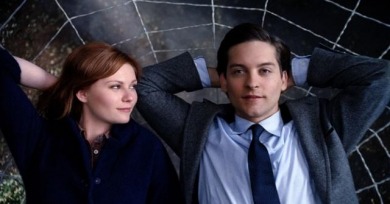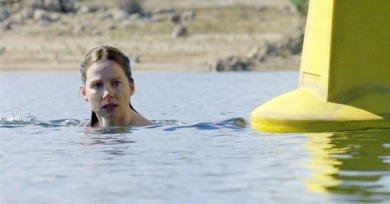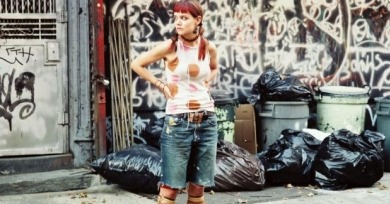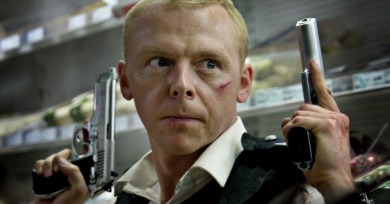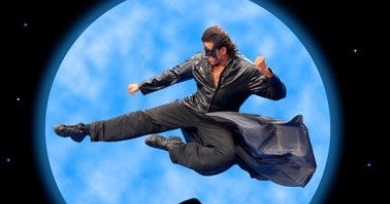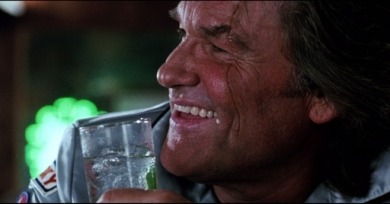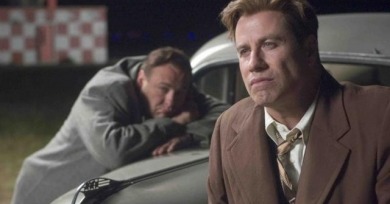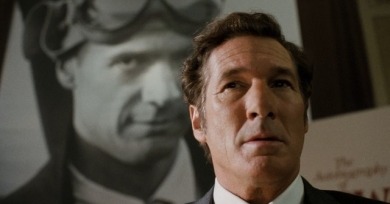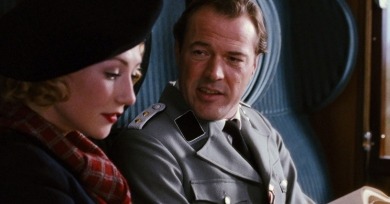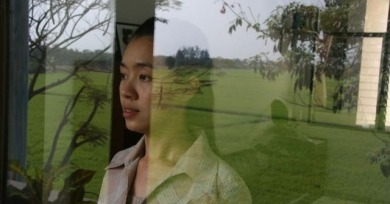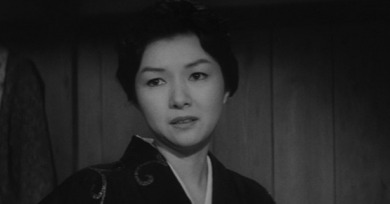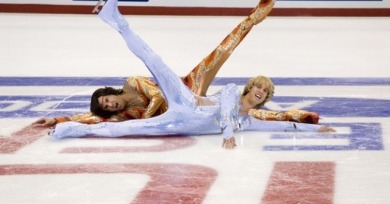Reviews
Like their unabashedly geeky protagonist, Sam Raimi’s Spider-Man movies are not hard to like. Budget and box office may mark them as efficient money-printing machines, but Spider-Man and Spider-Man 2 were so unfashionably square that they seemed like anomalies when stacked up against their summer superhero competition.
If Jindabyne doesn’t quite coalesce like its taut predecessor, it comes close enough; its unevenness is made up for by its ambitious wanderings through trickier, thought-provoking terrain, and, although it goes slack occasionally, clocking in at just over two hours, the film resonates with rhythmic momentum.
“It is an innovative digital filmmaking collective financed by IFC to produce ten low-budget digital feature films. InDigEnt is dedicated to the community of filmmakers looking to experiment and expand into digital filmmaking.”—InDigEnt mission statement
Wright and Co. are of the age to have suckled off the usual suspects of 1990s film buff-dom, and it shows: the Coen Brothers and Sam Raimi in the bravura slapstick, the New Zealand films of Peter Jackson in the lavish splatter f-x and parochial approach to American genre.
A three-hour-plus wet dream of babes, boils, and boilerplate scenarios, Grindhouse is a balls-to-the-wall extravaganza of geek love for all things sleazy, nauseating, hyper-violent, and degenerate.
It could be the premise for a great Nick Ray picture, but though Robinson’s division of screen time between the fugitives and their pursuers seems to come from the most honorable of motives, he never manages to open a dialogue between the storylines before they converge.
What limited pleasures this Hoax supplies can be credited mostly to the fascinating con (and subsequent memoir) that served as its source material.
The apprehension among Verhoeven skeptics that greets his “doing” World War II has a familiar ring to it, and not just because Black Book retreads some of the same territory as the director’s 1977 Dutch Resistance thriller, Soldier of Orange.
Applying the generic “masterpiece” tag to any of the decidedly unassuming films of Apichatpong “Joe” Weerasethakul does his work a disservice, as applicable as it may often be.
From the inventor of the wheel to the Ramones, originators repeatedly get the short end of the stick: unrefined and unfamiliar, their innovations usually fly over the heads of unappreciative audiences until someone shrewder comes along and renders them accessible.
When a Woman Ascends the Stairs is "mature" Naruse. (He made over 80 movies between 1930 and 1967, and he died in 1969.)
These women aren’t (consciously) feminists, and, more profoundly, their defiance isn’t even explicitly political. These women are soccer fans.
